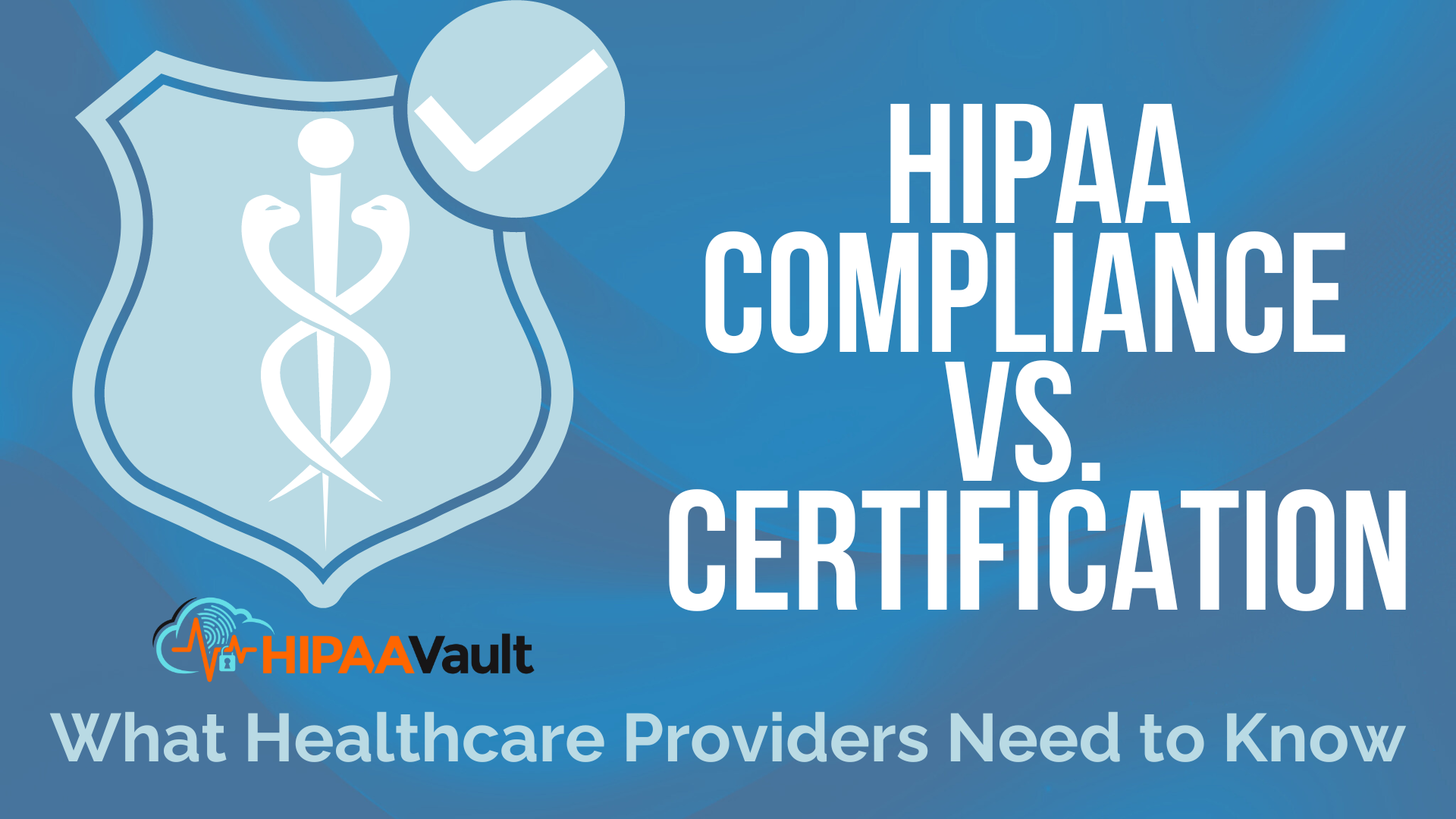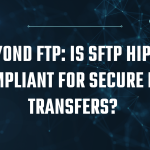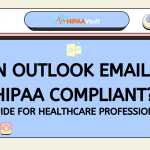
Understanding the distinction between HIPAA compliance and certification is crucial for healthcare providers. HIPAA compliance refers to adhering to the rules and requirements set forth by the Department of Health and Human Services (DHHS), while HIPAA certification involves obtaining a designation that attests to an individual’s knowledge of HIPAA regulations.
Understanding HIPAA: Compliance vs. Certification
- What is HIPAA Compliance?
HIPAA compliance is a continual process that requires organizations to maintain adherence to established regulations for protecting patient data. Organizations must regularly evaluate their security policies and procedures to ensure they meet HIPAA requirements. - What is HIPAA Certification?
HIPAA certification can be obtained by completing an educational course and passing an exam. However, it is essential to note that the DHHS does not endorse any certification as a means to absolve organizations from their legal obligations under the HIPAA Security Rule.
Note that these statuses cannot be used interchangeably; they each have their own separate purposes. For example, employees and businesses can become “certified,” but individual employees cannot be labeled “compliant.” The difference is that “certification” is obtained by a person or company, whereas “compliance” must be continually maintained by an organization.
HIPAA “certification” can be obtained by taking an exam to validate knowledge and skills in the core areas of HIPAA regulations and guidelines. It should be noted, however, that the Department of Health and Human Services (DHHS) – the government entity which manages and is responsible for enforcing the HIPAA Rule – does not endorse or otherwise recognize HIPAA certification as a way to absolve organizations from the legal obligations of the HIPAA Security Rule.
Nevertheless, there are many businesses and websites which offer HIPAA Certification. This “certification” has been designed by private companies that include training and testing but has not been officially approved by the federal government. Once successfully completed with a passing grade, certification is granted by these companies.
HIPAA compliance, on the other hand, cannot be achieved by means of taking and passing an exam. HIPAA compliant companies (known as covered entities, as well as their business associates) are required to perform a periodic evaluation – technical and non-technical – to establish that security policies and procedures meet HIPAA requirements. (Note: If you’re just beginning the process, HIPAA Vault has a helpful checklist you can use for assessment).
The Growing Importance of HIPAA Compliance
- Statistics on Healthcare Data Breaches
In 2021, there were 712 reported breaches affecting 500 or more records, highlighting the urgent need for robust HIPAA compliance measures. - The Impact of Remote Work on Compliance
With the rise of remote work, organizations must ensure secure access to protected health information (PHI) for remote employees, addressing new vulnerabilities in data protection. - Patient Rights and Data Access Under HIPAA
Recent changes emphasize patient rights regarding quick access to their health information, aligning with trends toward increased transparency in healthcare.
Navigating HIPAA in the Cloud
- Cloud Solutions for HIPAA Compliance
While no single entity certifies organizations as HIPAA compliant, independent third-party auditors can verify compliance for cloud solutions. Organizations must ensure their cloud services are configured securely for handling electronically protected health information (ePHI).
Best Practices for Maintaining HIPAA Compliance
- Conducting Regular Risk Assessments
Regular evaluations are crucial for identifying vulnerabilities associated with ePHI. Organizations should conduct both technical and non-technical assessments regularly. - Implementing Technical and Physical Safeguards
Establishing comprehensive safeguards is essential to protect workstations, equipment, and network access. - Training Employees on HIPAA Regulations
Continuous training programs are vital for ensuring that all employees understand their responsibilities regarding PHI handling.
Wrap-Up
Understanding the differences between HIPAA compliance and certification is essential for healthcare providers. While certification validates knowledge of regulations, compliance requires ongoing efforts to protect sensitive patient data effectively. Organizations must remain vigilant against evolving threats to maintain compliance and safeguard patient trust.For further assistance or resources on achieving HIPAA compliance, consider reaching out to experts like HIPAA Vault, which offers training and tools tailored for healthcare organizations. This updated blog post incorporates the enhancements discussed in previous steps while ensuring it remains informative and engaging for readers seeking clarity on HIPAA compliance and certification.
Questions about HIPAA? Give us a call (760-290-3460), or visit us at www.hipaavault.com.
HIPAA Vault is a leading provider of HIPAA compliant solutions, enabling healthcare providers, business organizations, and government agencies to secure their protected health information from data breaches, threats, and security vulnerabilities. Customers trust HIPAA Vault to mitigate risk, actively monitor and protect their infrastructure, and ensure that systems stay online at all times. In addition to HIPAA Compliant WordPress, HIPAA Vault provides secure email and file sharing solutions to improve patient communications.
All healthcare organizations, health app developers, and associated covered entities are responsible to protect sensitive, medical data. But will a simple software solution or training course be sufficient to make them HIPAA compliant?
Certainly, technology plays an important role. But HIPAA compliance depends on much more than the right security tools, or even obtaining a certification.





